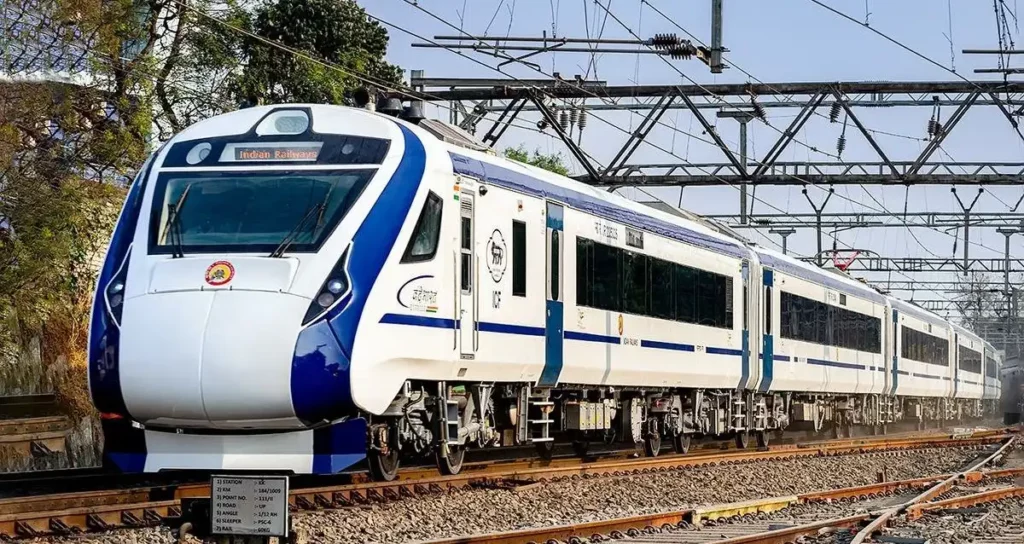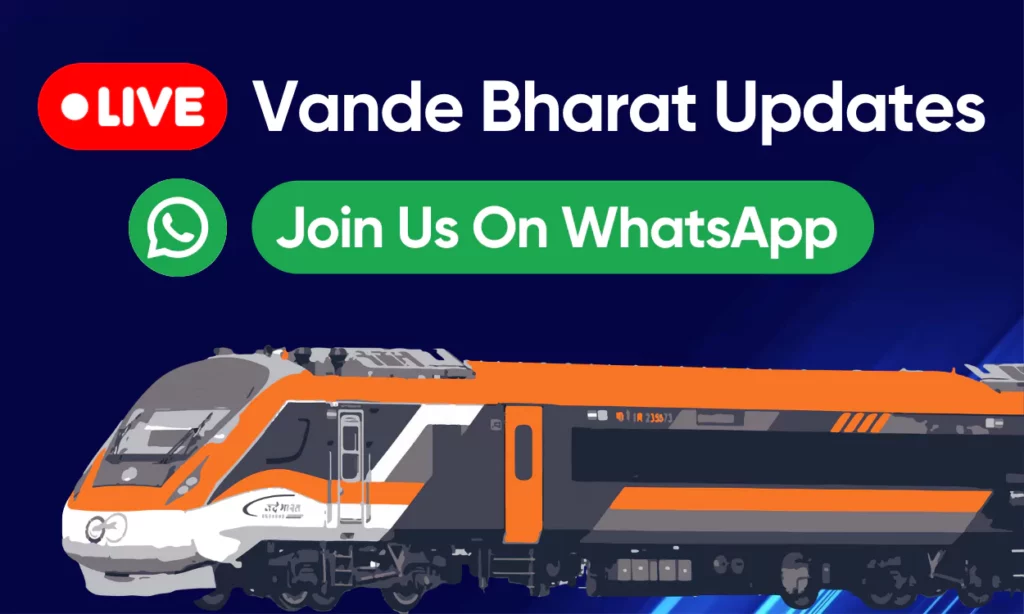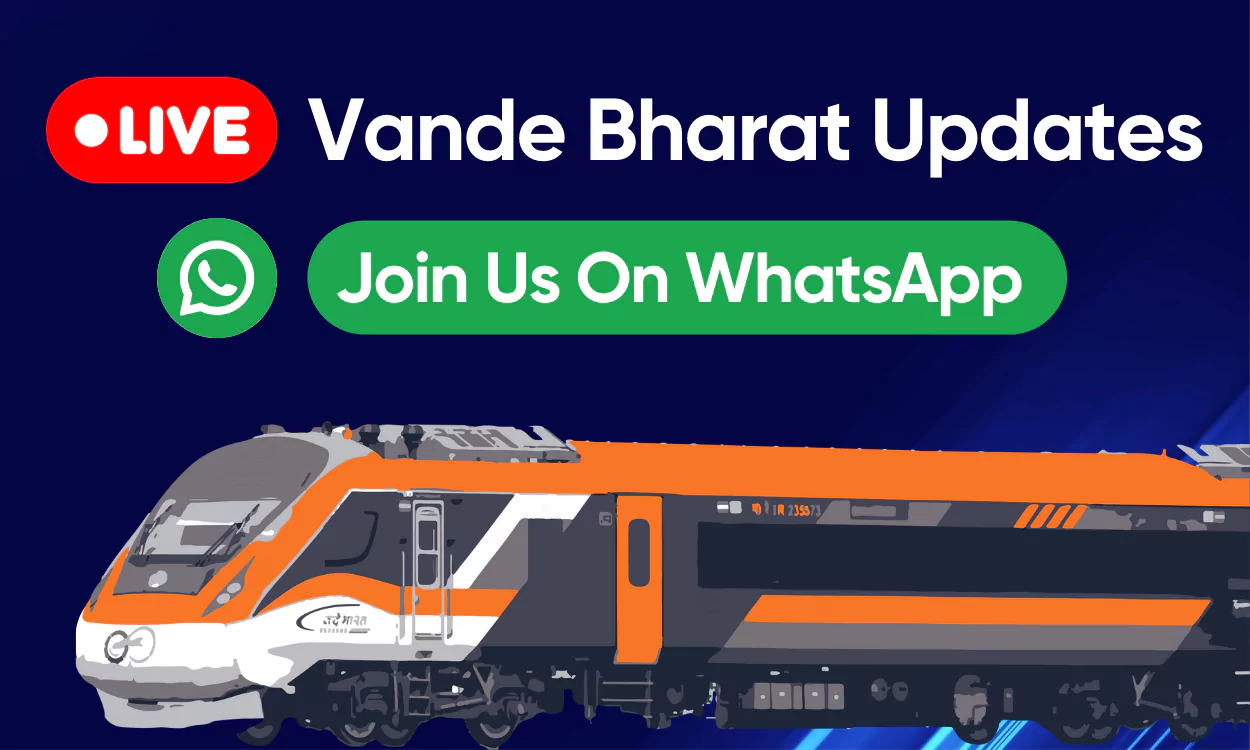
The Mumbai Central-Gandhinagar Vande Bharat Express is India’s third Vande Bharat Express, which was launched on September 30, 2022. Originally, the train had stoppages at Borivali, Vapi, Surat, Vadodara, and Ahmedabad. However, after persistent demand from local residents of Anand and a request by Anand’s Member of Parliament to the Railway Ministry, the Mumbai Central-Gandhinagar Vande Bharat Express will finally stop at Anand station on a trial basis from March 23.
Anand is a major urban centre of Gujarat that is strategically located between Vadodara and Ahmedabad. It is the home of Anand Milk Union Limited (AMUL), the dairy cooperative that played an important role in India’s White Revolution. Anand is popularly known as the Milk Capital of India. With this development, the residents and businesses of Anand will get direct access to a high-speed rail service connecting major cities.
The stoppage of Vande Bharat Express was demanded by the residents of Anand for a very long time. Even Anand’s Lok Sabha MP Mitesh Patel had been actively pursuing this request with the Railway Ministry for several months and has even submitted a formal letter requesting the addition of Anand as a stoppage. Last month, the Railway Ministry, under Union Railway Minister Ashwini Vaishnaw, finally approved his request after his repeated representations.
The Mumbai Central-Gandhinagar Vande Bharat Express from the Mumbai side (20901) and from the Gandhinagar side (20902) will stop at Anand Junction for two minutes from March 23 on a trial basis. The minimal duration will ensure that the overall journey time of this train remains unaffected. As of today, March 20th, the booking from Anand Junction has not yet commenced on the official IRCTC website. We hope to see it soon as the date arrives.
If the trial turns out to be successful, Anand could become a permanent stop for this Vande Bharat Express. As of January 2025, 68 Vande Bharat Express trains are operational across 16 railway zones in India. These comprise 15 regular (16 coaches), 8 twenty-car services (20 coaches), and 45 mini (8 coaches) trains.

